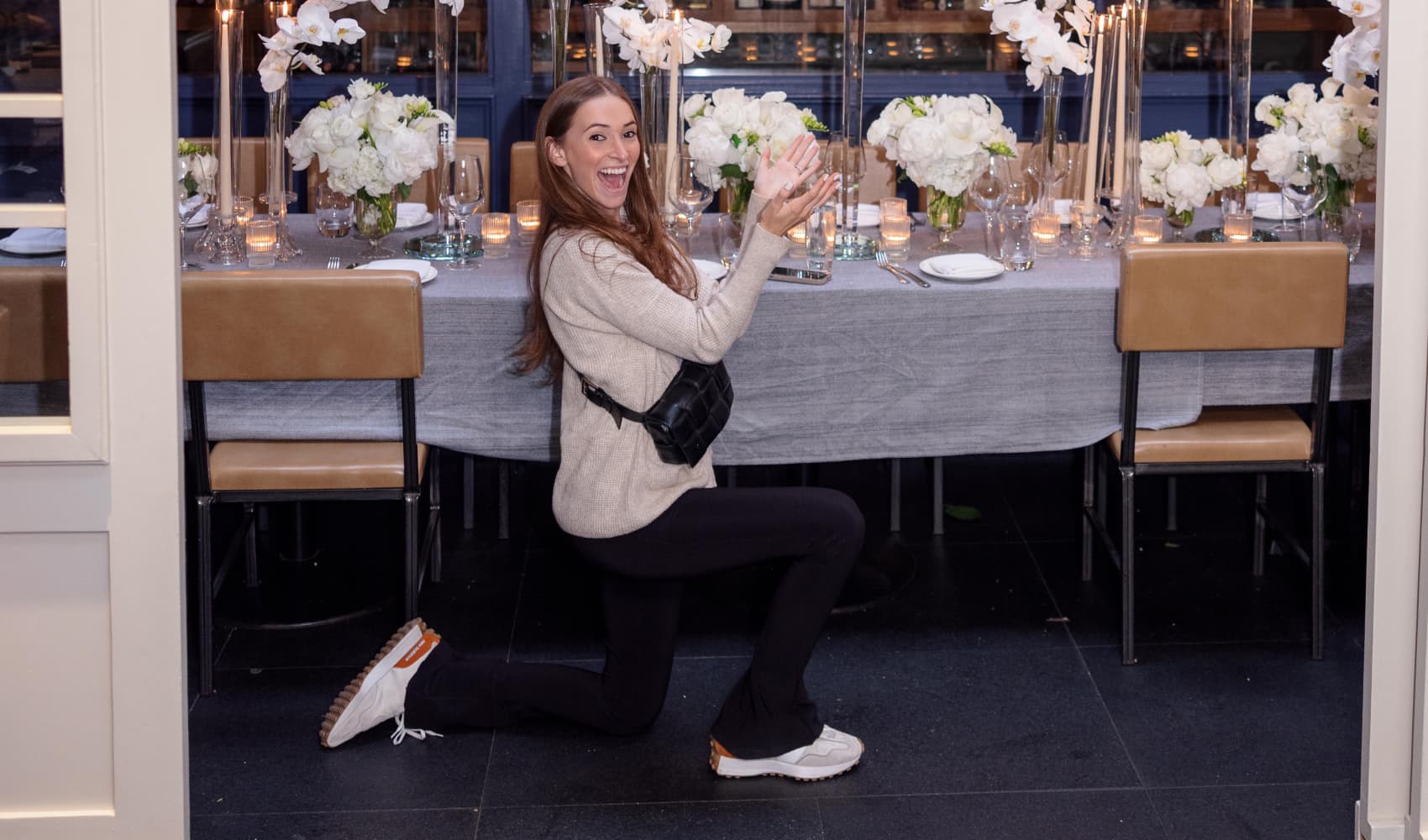
If you find yourself feeling hopeless whenever you think or read about climate change, don't worry: There's a scientific explanation.
It's called climate anxiety, and it's a real mental health condition that can take time to address, according to Portland, Oregon-based environmental psychologist Thomas Doherty. At the Aspen Ideas Festival in Aspen, Colorado, on Monday, Doherty spoke about the "learning curve" it takes to combat the anxiety, or even despair, stemming from climate change.
Watch NBC6 free wherever you are
Doherty, who specializes in the intersection of psychology and environmental science, said he often tells clients to try and take a step back from those feelings of hopelessness, which can mean "pulling off of the media, going outside, doing stress reduction, all of these kinds of things."
He also noted that part of coping means taking the time to accept that as a single person, you can only do so much. "I think the key in coping is making sure that we don't get stuck on certain feelings, but really growing all of the feelings, which is a process and it takes practice," he said.
Get local news you need to know to start your day with NBC 6's News Headlines newsletter.
Both the United Nations and the American Psychological Association (APA) have found that humans are increasingly at risk of climate change-induced mental health issues. According to the APA, climate anxiety can manifest in people who respond to the news of climate change developments with "negative emotions including fear, anger, feelings of powerlessness, or exhaustion."
Those feelings aren't uncommon: In 2021, a global study found that 45% of people between the ages of 16 and 25 said climate anxiety was affecting their daily lives. The Climate Psychology Alliance even offers a directory of "climate-aware" therapists.
Money Report
Doherty argued that those negative emotions aren't inherently bad, because "we should be able to feel all of our emotions" in a healthy way. Sometimes, he said, it's helpful to talk through your feelings with other people — whether you're feeling upset about the environment or charged up about your ability to help.
"Sometimes, we're going to be ... feeling good and feeling inspired," he said. "One of the biggest dangers is being alone in the process, because when we're alone, there's no one to help us in the down cycle."
Doherty also noted that climate anxiety can be heightened by the sheer volume of negative news on the subject. That's where people like Alaina Wood — a sustainability scientist, and one of Doherty's fellow Aspen panelists — come in.
Wood is popular on TikTok, where her 300,000-plus followers tune in to hear her list off the latest positive climate developments or outlooks — like scientists recently discovering an enzyme that breaks down environment-damaging plastics in under 24 hours.
At Aspen, Wood said she tries to focus on positives to help viewers address their own climate anxiety, and that it'll take optimism to mobilize enough people to make a real difference against climate change. She too struggles with climate anxiety, she said, and usually follows a simple process to cope.
"I log off my phone," Wood said. "I take time to go out in nature, whether that's in my backyard or in the mountains, and just unwind. And take a second to remind myself why I care, why I'm feeling that way."
Sign up now: Get smarter about your money and career with our weekly newsletter
Don't miss:
Ex-Google CEO Eric Schmidt: 'If we don't address climate change, we really will be toast'






